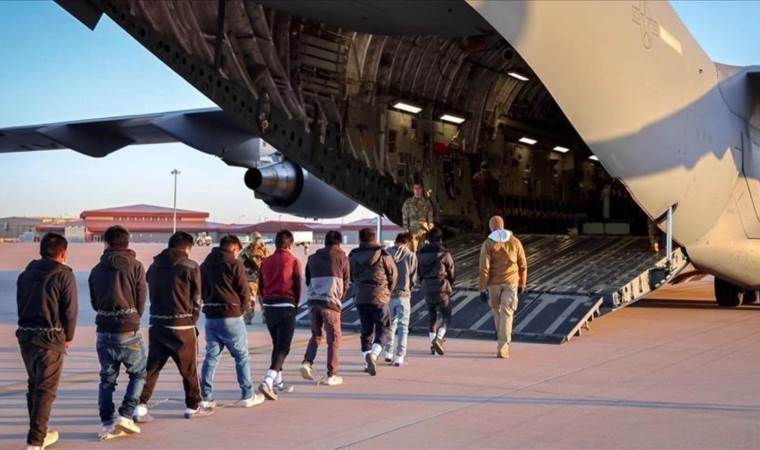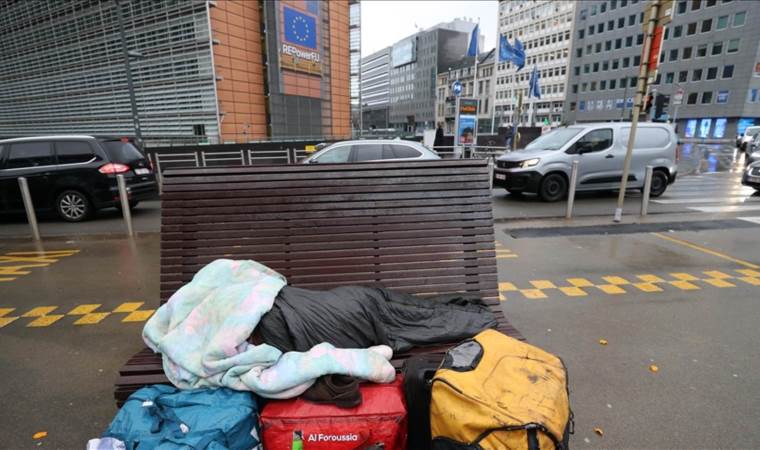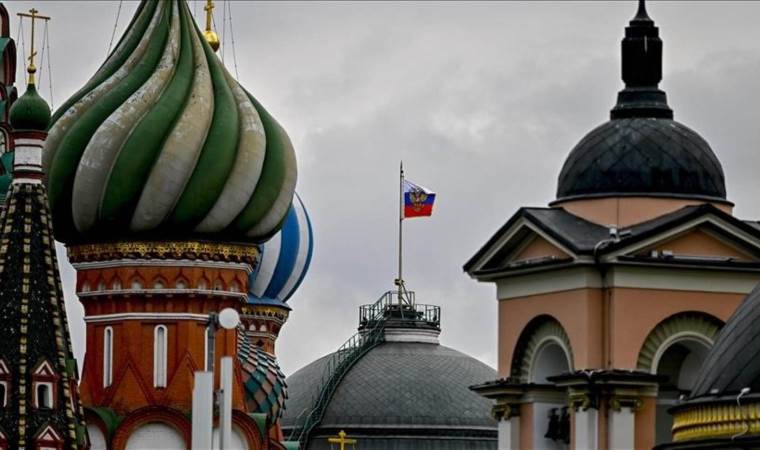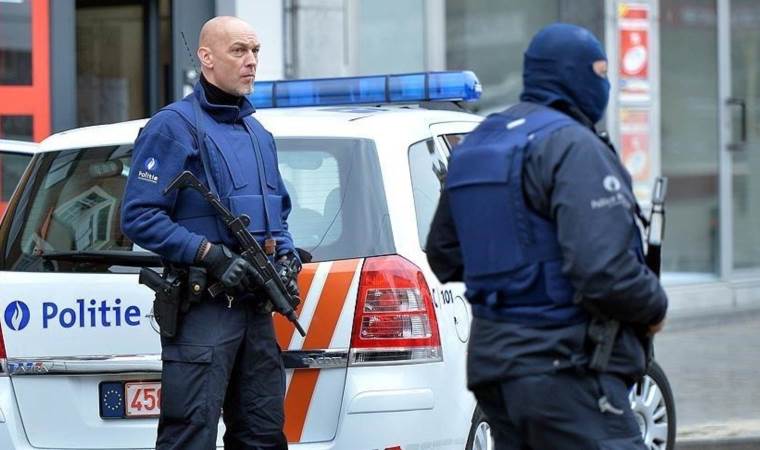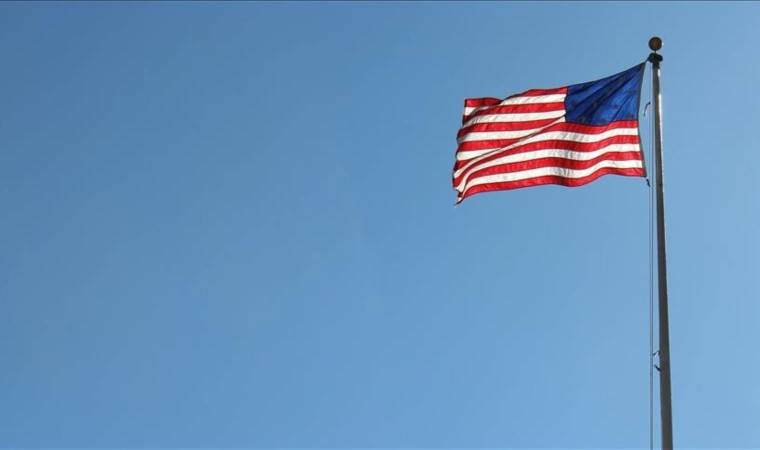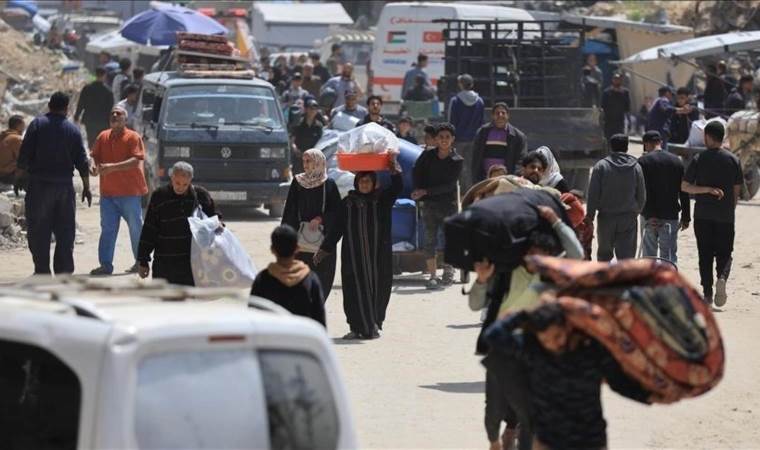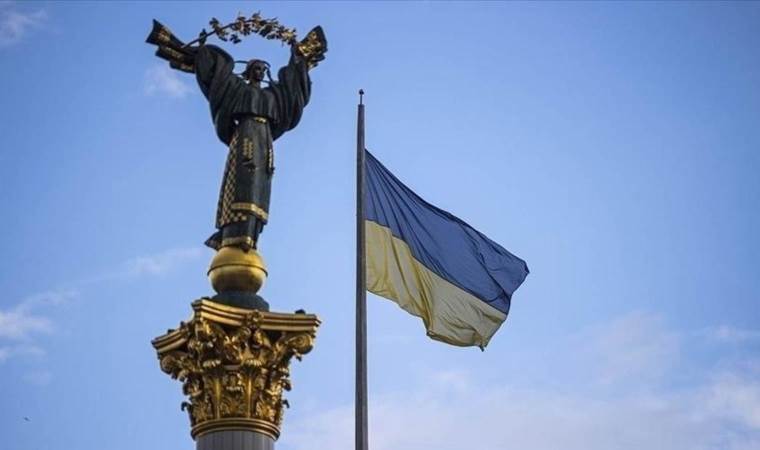From Russia to France, why are countries reaching out to Bangladesh?
Analysts say politics, economics and push for influence all factors in growing global interest in South Asian nation.

Two high-profile international visitors are giving Bangladesh the kind of global attention that any country would desire.
The Russian foreign minister is already in the capital Dhaka and the French president will be there in a few days, scheduled to land on Sept. 10.
Sergey Lavrov is the first senior Russian official to travel to Bangladesh since the country’s independence in 1971, over five decades ago, while Emmanuel Macron will be the first French leader to visit the South Asian nation in 33 years.
Analysts view the visits as an indicator of Bangladesh’s growing geopolitical clout in the region, an opportunity for an economic windfall, and a significant boost to Prime Minister Sheikh Hasina’s government ahead of the January 2024 general elections.
Shahab Enam Khan, a political scientist and international relations professor at the Jahangirnagar University in Dhaka, also sees it as a two-way street.
Lavrov’s visit is “also part of Russia’s geopolitical outreach” as it looks to build alliances to overcome the isolation that has come after the Ukraine war, Khan told Anadolu, adding that a key factor in that is Dhaka’s neutral position on the conflict.
He said Bangladesh has become a “critical geopolitical ally for Russia,” while the country’s non-aligned position is also an important factor for other nations such as Türkiye and the US.
However, that does not mean that Dhaka is shifting its alliances with the West, particularly Washington, he emphasized.
Just days before Lavrov’s arrival, the 9th Bangladesh-US Security Dialogue was held in Dhaka, where talks “focused on efforts to expand partnerships in humanitarian assistance and disaster relief, peacekeeping, defense trade, military cooperation, and counterterrorism, as well as maritime security and regional issues,” according to the US State Department.
Bangladesh is playing a “balancing act globally,” while also showing its “commitment towards multilateralism and respect to global norms,” said Khan.
Electoral concerns
Bangladesh’s upcoming elections are a particularly divisive issue in the country.
Hasina and her ruling Awami League party, in power since 2008, is seeking a fourth successive term. The opposition accuses her of suppressive tactics and has raised fears that the polls will not be fair or transparent, charges that the government denies.
International powers have been drawn into the issue, with the US and its allies pressing Hasina’s government to ensure free and fair elections, as well as addressing growing human rights concerns in the country.
Russia, on the other hand, is among the few countries backing the incumbent government, criticizing the West’s “interference” in Bangladesh’s internal affairs.
“This visit of the Russian foreign minister is significant as it is happening months before the elections,” said Khan, terming it a crucial display of support for Hasina.
“This also shows Russia’s commitment toward Bangladesh. Russia wants to be part of Bangladesh’s development and defense – an overall significant ally,” he added.
Economics at play
Then there is the economic factor, which experts say is just as critical as all other geopolitical concerns.
Both Russia and France represent new markets for Bangladeshi products, including readymade garments, one of the mainstays of its economy.
“France’s position in global groups is not clear. It has a complex relationship with the West and in other alliances,” said Khan.
“It has also lost its position in its former African colonies. So, in some regards, France is searching for a new market for trade.”
He said Paris could offer trade in defense products and technologies, while Dhaka would also be keen to diversify its exports and grab French investment.
When it comes to Russia, the current bilateral trade volume is about $1.5 billion, according to Mustafizur Rahman, a distinguished fellow at the Dhaka-based Center for Policy Dialogue.
Bangladesh recently started exporting readymade garments to Russia, but that was disrupted due to US sanctions on Moscow.
During Lavrov’s visit, Bangladesh should try to find a way to bypass those sanctions for trade with Russia, said Rahman.
Bangladeshi businesses can then try to expand in the Russian market, including the garment sector, he added.
He said Bangladesh should also seek duty-free market access and push for more Russian investments in local economic zones.
Russia is already helping Bangladesh construct its first nuclear power plant in Rooppur, about 160 kilometers (99 miles) northwest of the capital, with a $12.65 billion investment and is financing up to 90% of the total cost as credit.
In December last year, because of US sanctions on Russia over the Ukraine war, Bangladesh denied entry to a Russian ship that was carrying equipment for the nuclear plant.
Speaking in Dhaka on Wednesday, Lavrov brought up the issue of US sanctions disrupting the supply chain for the nuclear power project.
He said Moscow is moving fast to find alternative options, asserting that the Russian flagship project “will go on in a consistent manner.”
Another problem about the project is the repayment of the Russian financing, which Bangladesh is trying to settle in the Chinese yuan, instead of dollars.
Rahman said Bangladesh “should move cautiously on repaying in the yuan, particularly since it does not have that much trade with Russia.”
However, dollar reserves of the country’s central bank have dropped from $48 billion to $29 billion in just the past two years.
For Rahman, whatever agreements are made with the Russian and French would hardly be enough for major respite to the struggling Bangladeshi economy.
The economic volatility in Bangladesh, with high inflation and negative remittance inflows, can only be addressed with major reforms and a much better model of governance, he asserted.
Most Read News
-
 US judge finds probable cause to hold Trump officials in
US judge finds probable cause to hold Trump officials in
-
 Naval chiefs of South Korea, US, Japan discuss trilatera
Naval chiefs of South Korea, US, Japan discuss trilatera
-
 Germany maintains diplomatic boycott, bars Russia from W
Germany maintains diplomatic boycott, bars Russia from W
-
 Trump administration asks Justice Department to probe NY
Trump administration asks Justice Department to probe NY
-
 Nearly 10,000 people homeless in Brussels, up 25% since
Nearly 10,000 people homeless in Brussels, up 25% since
-
 Kremlin says Europe focused on war while Russia awaits p
Kremlin says Europe focused on war while Russia awaits p
-
 Overnight shooting in Brussels leaves 2 injured, with 1
Overnight shooting in Brussels leaves 2 injured, with 1
-
 US federal community service program staff placed on lea
US federal community service program staff placed on lea
-
 UN says 500,000 displaced in Gaza after Israel resumes a
UN says 500,000 displaced in Gaza after Israel resumes a
-
 Top Ukrainian delegation arrives in Paris for talks with
Top Ukrainian delegation arrives in Paris for talks with
